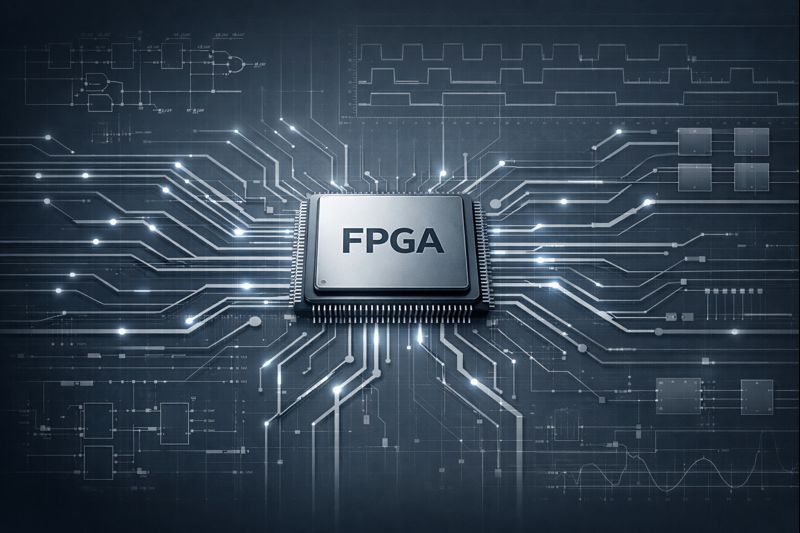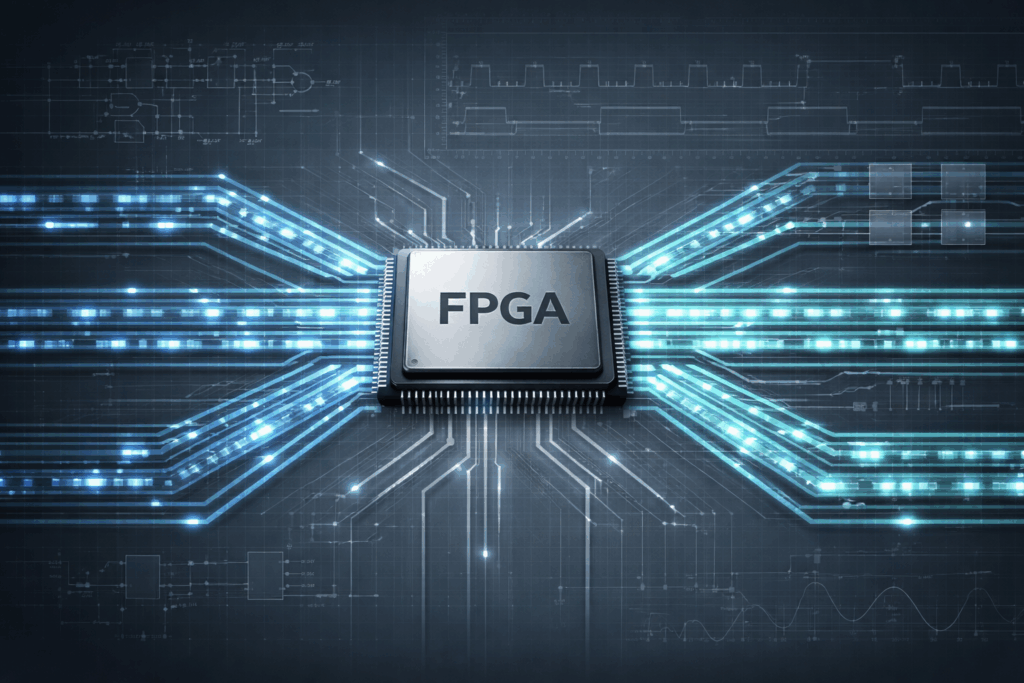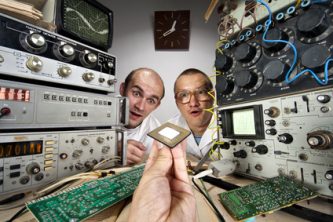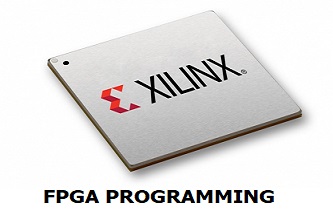Space-ready MCU Facilitates FPGA Reconfiguration
AMD and Vorago Technologies have joined forces to introduce a groundbreaking solution for in-flight reconfiguration of the AMD Space-Grade Kintex UltraScale FPGAs using Vorago's radiation-hardened microcontrollers. This collaboration marks a significant advancement in the field of aerospace technology, offering enhanced flexibility and efficiency in managing FPGA updates during space missions.
A key component of this partnership is the integration of Vorago's rad-hard ARM Cortex-M4 MCU, such as the VA41620, which enables seamless in-flight management of FPGA reconfiguration through AMD's serial reconfiguration interface. This innovative approach simplifies the process of reprogramming an FPGA compared to traditional methods, providing a more agile and responsive solution for aerospace applications.
The MCU firmware developed by Vorago empowers the FPGA to undergo reconfiguration post-deployment, facilitating the addition of new features and bug fixes at a later stage. This capability opens up a wide range of mission modes and profiles, catering to the evolving requirements of edge AI algorithms utilized in FPGA systems deployed in space.
One of the standout features of Vorago's rad-hard MCU, the VA1630, is its robust design with 256kB program and 64kB data memory, complemented by an 8-channel ADC, dual-channel DAC, Ethernet and SpaceWire interfaces, and 256kB of non-volatile memory (NVM). This comprehensive set of features ensures reliable performance and data processing capabilities in challenging space environments.
On the other hand, AMD's Kintex UltraScale FPGAs are renowned for their high performance in space applications, offering DSP and block RAM resources, high-bandwidth transceivers, and space-grade packaging. The reprogrammability of these FPGAs, unaffected by radiation effects or write cycle endurance limits, paves the way for a new era of reconfigurable satellite payloads supporting missions related to remote sensing and communications.











